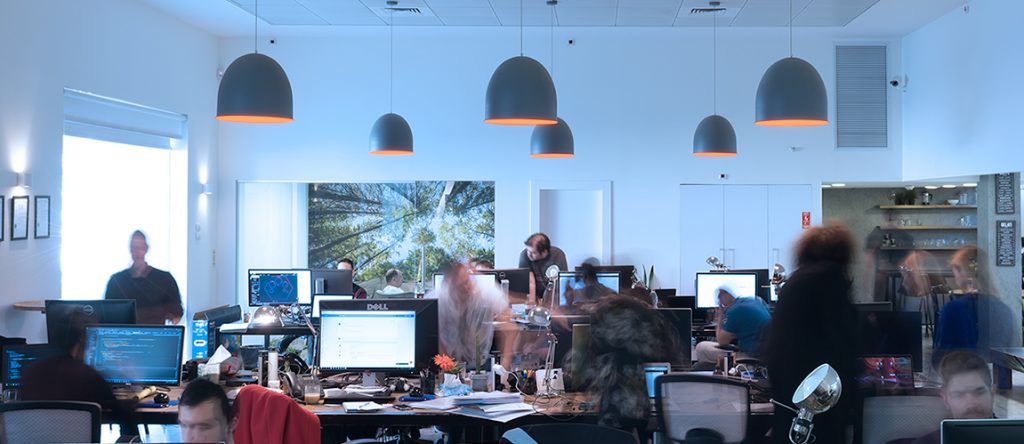XM Cyber, a cybersecurity startup co-founded by former Mossad chief Tamir Pardo, announced on Tuesday that it raised $22 million in a private funding round with participation from UST Global, Nasdaq Ventures, and Macquarie Capital, among others.
Pardo and his co-founders Noam Erez, a 25-year veteran of the Israeli intelligence community and Boaz Gorodissky, a 30-year veteran of the community, founded XM Cyber in 2016. Based in Herzliya, the company developed a fully automated advanced persistent threat simulation platform to continuously expose attack. The startup looks at threats from a hacker’s point of view – its tagline is “defense by offense.”
“As opposed to traditional weapons, which require huge investments and heavy industrial development, cyber weapons demand only easily accessible malware do-it-yourself kits, malware development organizations and/or hackers-for-hire,” Pardo told NoCamels earlier this year in an email interview.
“Yet cyber attacks can paralyze communication networks, transportation systems, hospitals, financial systems, government organizations, smart power grids and more. Hackers leverage blind spots that are created unintentionally by humans in complex and ever-changing infrastructures and networks,” Pardo explained, adding that “the only way to prevent a cyber attack is to identify in advance the attack vectors that hackers will use to compromise an organization’s critical assets.”
XM Cyber’s customers include leading financial institutions and critical infrastructure organizations across North America, Europe, Israel and Australia.
Erez said in a statement that the company will use the funds to accelerate growth. In its seed round, XM Cyber raised $10 million, mostly from Swarth Capital, a private equity firm owned by Israeli billionaire Shaul Shani.
“2018 has been an incredible year for XM Cyber, and this funding round will help us expand our footprint in 2019,” said Erez. “In this era of hyper-sophisticated cybercrime, our solution demonstrates that organizations should be asking themselves [if their assets are secure], as there are a plethora of ways hackers can compromise them,” he said.
Related posts

Israeli AI Safety Tool Among TIME’S Best Inventions For 2024

TAU Team Discovers Mechanism To Eliminate Cancerous Tumors

Ashdod Port Investing In Startups As Part Of Innovation Strategy




Facebook comments